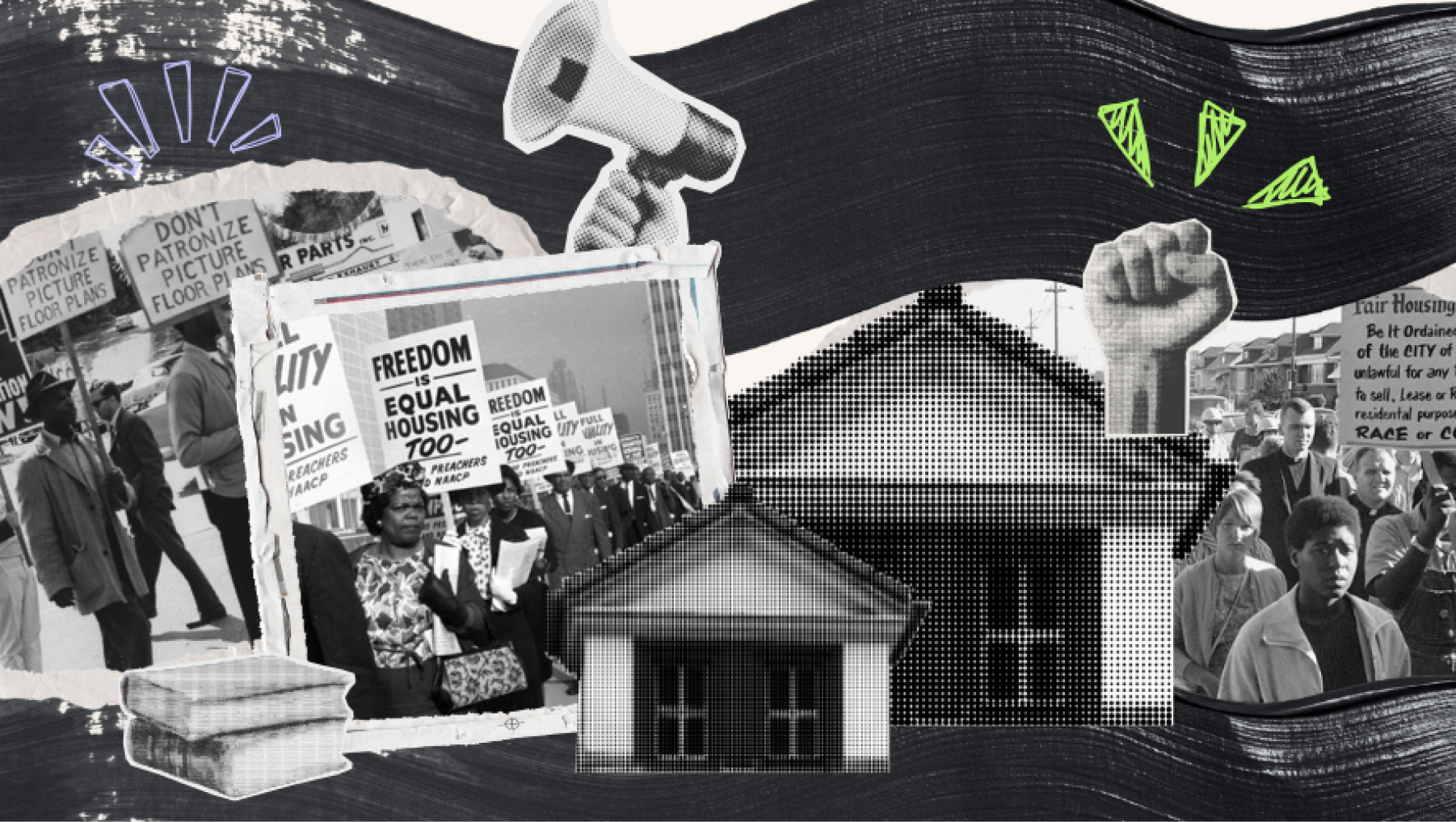Mark Twain once said, “History doesn’t repeat itself, but it often rhymes.” As we enter Black History Month, we recognize the cyclical nature of progress and resistance in the fight for racial and economic justice. The question we must ask ourselves is: how do we break the cycle and build a future where racial equity is not an aspiration, but a given?
A History of Progress and Pushback
After the Civil War, the Reconstruction Era offered radical possibilities. Black Americans were elected to Congress, built businesses, and founded enduring institutions. But systemic backlash followed, epitomized by racial terror and economic erasure in places like Tulsa and Rosewood. Jim Crow laws soon codified segregation, reinforcing racial hierarchies that persist today. These actions echo today’s efforts to dismantle diversity, equity, and inclusion initiatives. Policies designed to uplift are reframed as divisive, progress is labeled as overreach, and justice is deferred yet again.
Fast forward to the Civil Rights Movement, which secured key victories like the Civil Rights Act and Voting Rights Act. Yet, new barriers emerged, mass incarceration, voter suppression, and economic disparity. Ava DuVernay’s documentary 13th illustrates how racial control has simply evolved over time.
The Fight for Equity Today
Then came the so-called "post-racial" era. With Barack Obama’s presidency, some declared that America had moved beyond racism. But bell hooks warned us not to be deceived by symbols. Racism is structural, not just personal. It is embedded in policies, institutions, and everyday interactions. It is the unspoken fear when Black children like Trayvon Martin, Michael Brown, and Tamir Rice are perceived as threats rather than kids. It is the weight of a knee on George Floyd’s neck. The Black Lives Matter movement shattered the illusion of a post-racial America, demanding that we confront the realities many had long ignored.
Esusu’s Action for Lasting Change
As we celebrate Black History Month, we do so with clear eyes and open hearts.
- Dismantling Barriers to Housing: We advocate for equitable housing policies and financial inclusion, as Black homeownership rates remain nearly 30% lower than white homeownership rates. We’re on a mission to bridge the racial wealth gap.
- Local Advocacy: In Los Angeles, we are engaging with city officials and community builders to support Black and Brown families displaced by the wildfires.
- Policy Reform: From New York to Maryland, we are working alongside lawmakers taking action on housing equity.
- Community Partnerships: In Texas and Florida, we are partnering with civil rights and advocacy coalitions fighting for the economic mobility of Latino communities.
How You Can Make a Difference
Change starts with awareness, but it flourishes through action. Here’s how you can do more:
- Educate Yourself: Dive deeper into this Black History Month’s theme, “African Americans and Labor,” and share resources with your community.
- Support Black-Owned Businesses: Invest in economic equity by shopping Black-owned brands and businesses.
- Advocate for Policy Change: States such as New York, California, Maryland and Washington have proposed, passed or tabled legislation on housing equity–covering eviction prevention, housing affordability and rent reporting. Contact your representatives about legislation that promotes racial and economic justice.
- Donate or Volunteer: Support organizations committed to advancing equity and social justice.
Justice isn’t inevitable, it must be built. Let’s commit to action for a future where racial equity is reality, not just an aspiration.

.svg)


